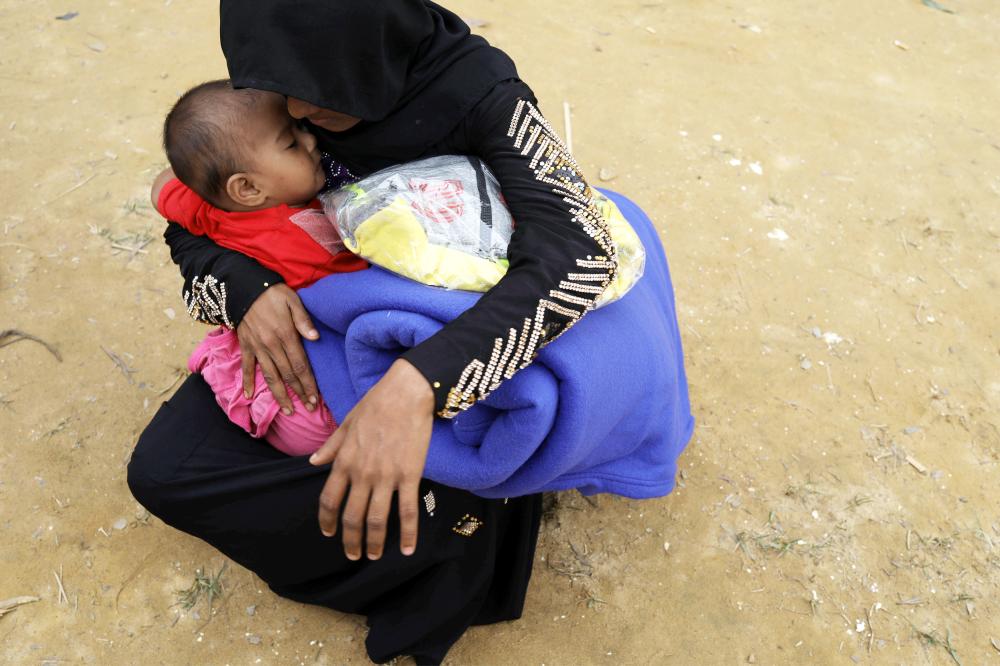
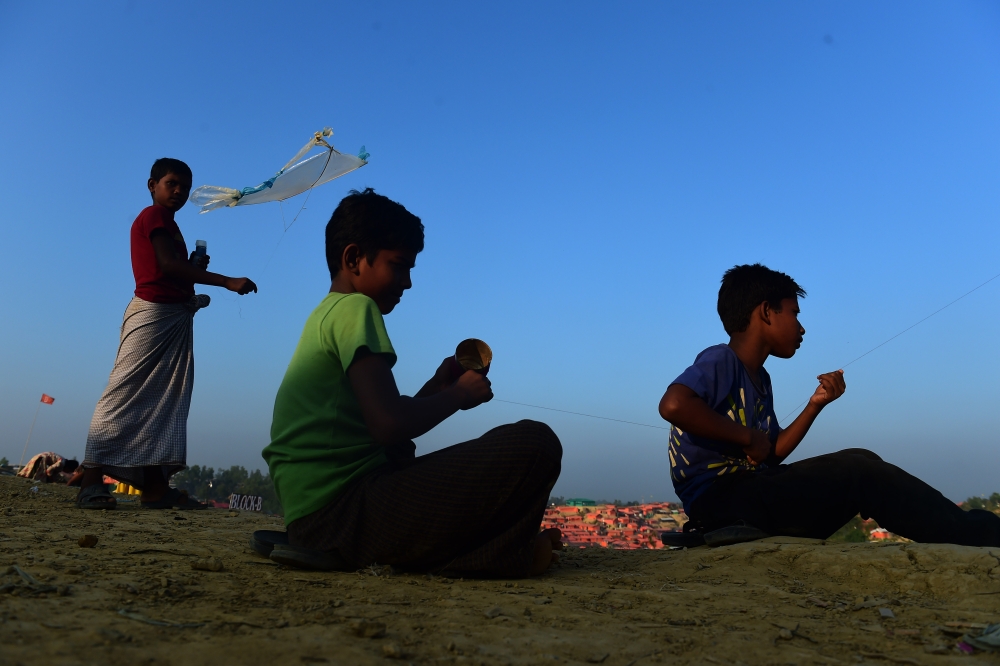
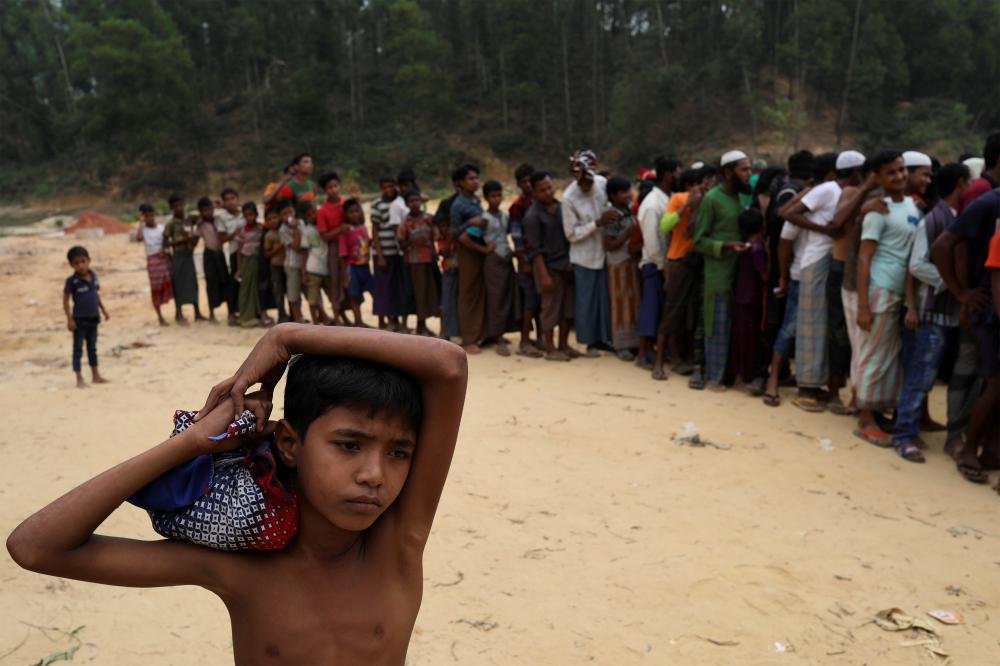
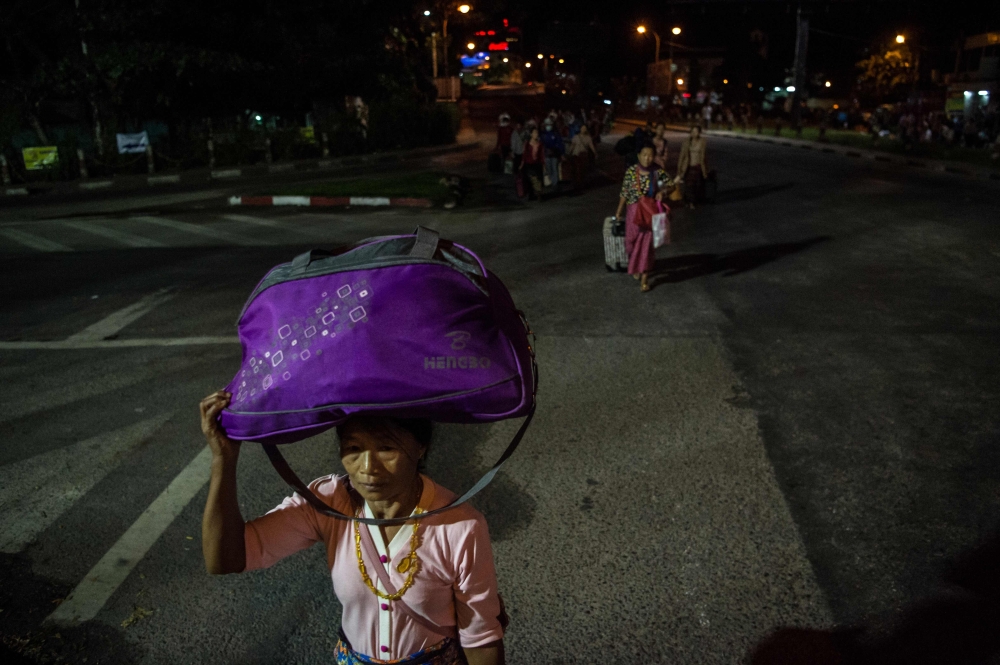
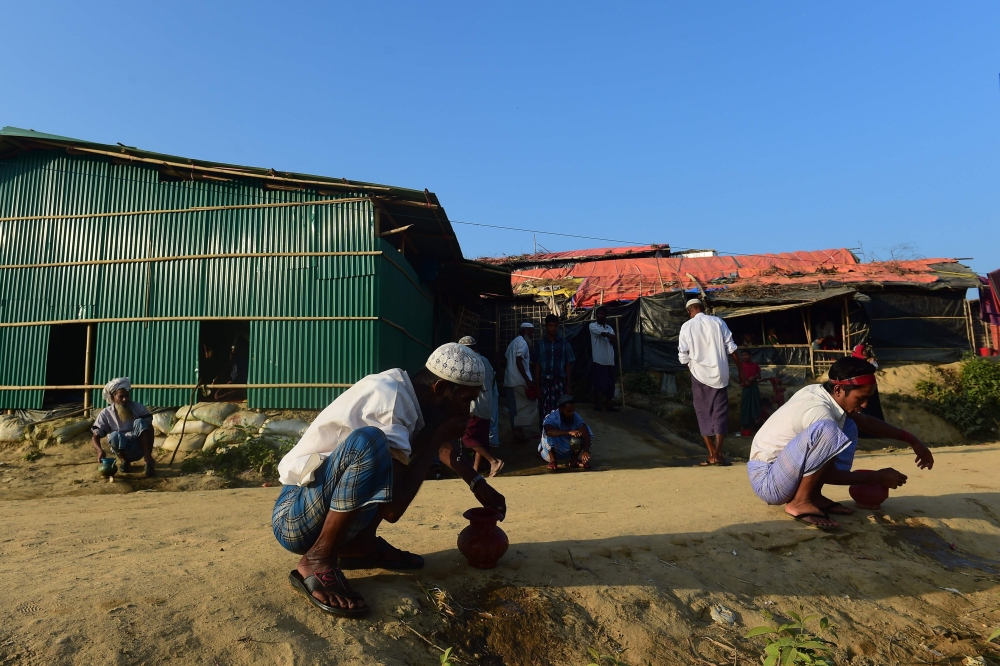
" data-responsive="https://www.okaz.com.sa/uploads/images/2017/11/26/603796.jpg" data-src="https://www.okaz.com.sa/uploads/images/2017/11/26/603796.jpg">
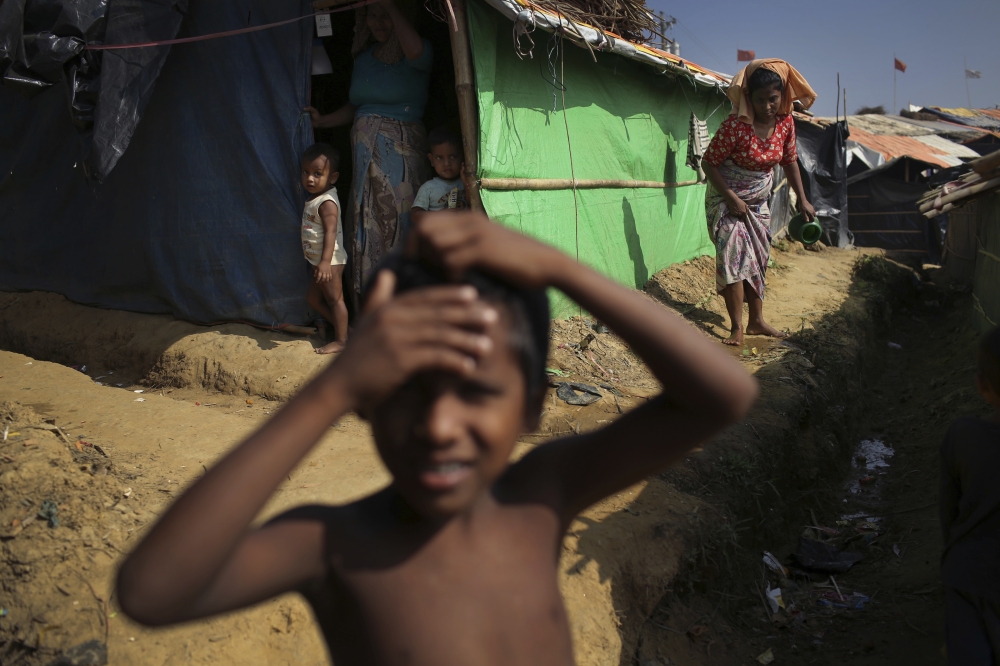

" data-responsive="https://www.okaz.com.sa/uploads/images/2017/11/26/603797.jpg" data-src="https://www.okaz.com.sa/uploads/images/2017/11/26/603797.jpg">
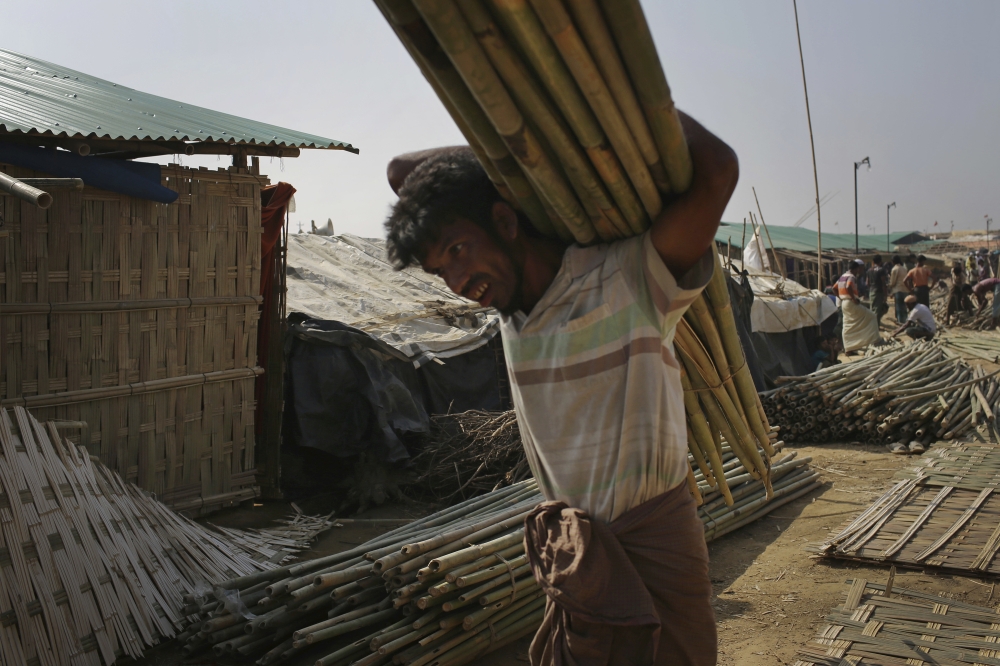

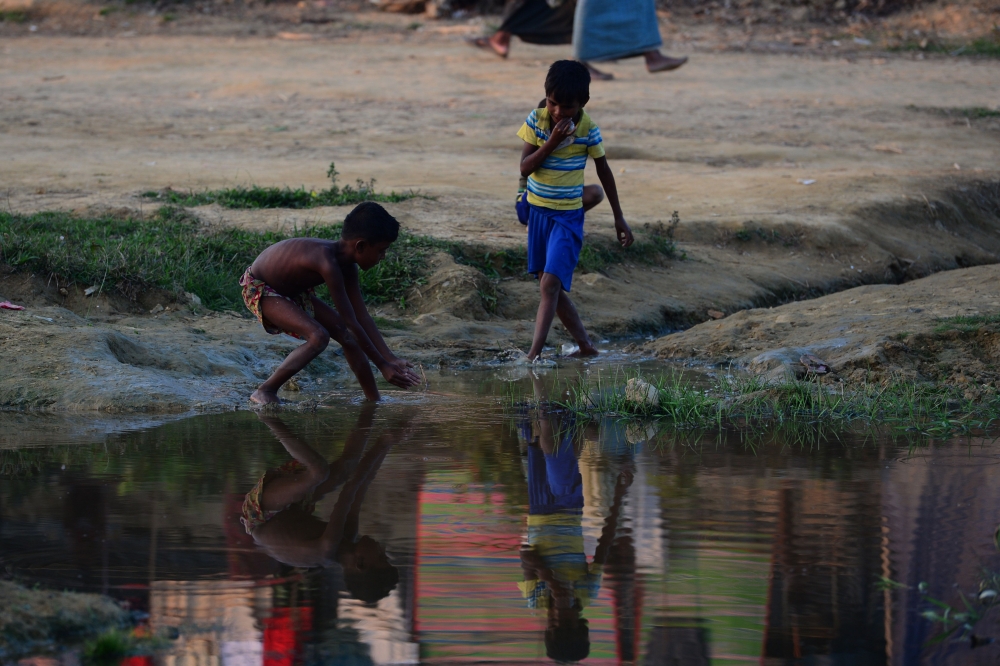
" data-responsive="https://www.okaz.com.sa/uploads/images/2017/11/26/603799.jpg" data-src="https://www.okaz.com.sa/uploads/images/2017/11/26/603799.jpg">
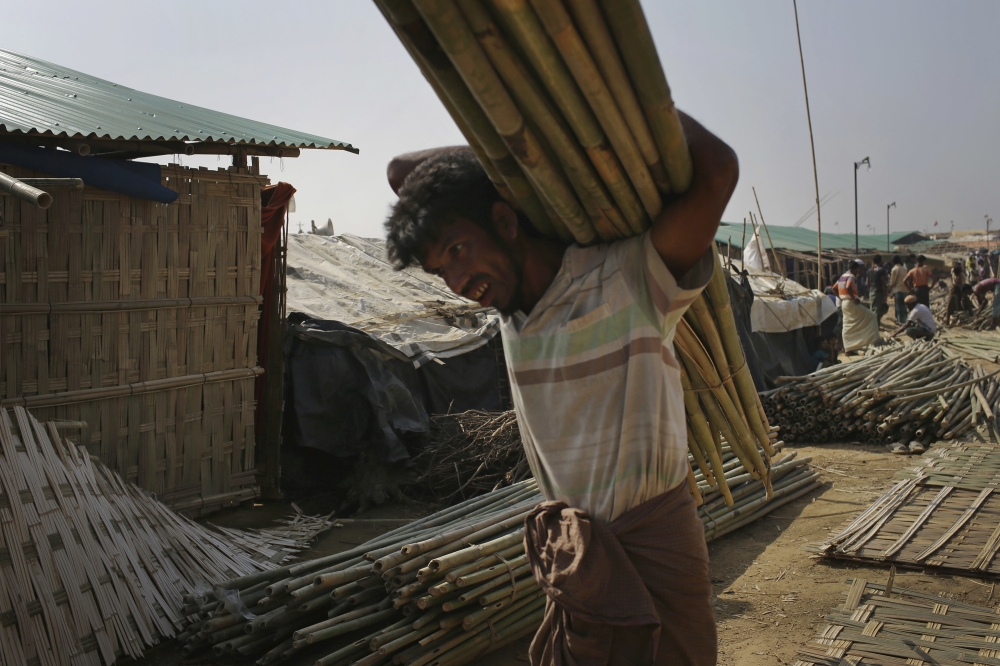

أعلنت بنغلاديش أمس (السبت)، أن اللاجئين الروهينغا الذين سيعودون إلى بورما، بموجب الاتفاق الموقع بين البلدين، سيبقون مبدئيا في ملاجئ أو معسكرات مؤقتة. وأوضح وزير خارجية بنغلاديش عبدالحسين محمود، للصحفيين في دكا، أن اللاجئين سيبقون مبدئيا في ملاجئ مؤقتة لوقت محدد، وأضاف أنه نظرا إلى احتراق معظم قرى الروهينغا خلال أحداث العنف، فإن الكثيرين ليس لديهم خيار سوى الإقامة في ملاجئ مؤقتة. ووقعت بورما وبنغلاديش الخميس الماضي اتفاقا لإعادة اللاجئين الروهينغا إلى بلادهم، ما يمهد الطريق «للعودة في أقرب وقت للاجئين، حسب ما جاء في الاتفاقية التي نشرتها دكا أمس.
وبموجب الاتفاق، ستعمل بورما على استعادة الحياة الطبيعية في ولاية أراكان الشمالية وتشجع أولئك الذين تركوا بورما على العودة طوعا وبأمان لمنازلهم أو إلى أماكن آمنة ومأمونة قريبة لمنازلهم ومن اختيارهم، كما نص على أن بورما ستتخذ كل الإجراءات الممكنة لضمان أن العائدين لن يستقروا في أماكن مؤقتة لفترة طويلة وأن تسمح بحرية تحركهم في ولاية أراكان بما يتوافق مع القوانين والأنظمة القائمة.
وبموجب الاتفاق، ستعمل بورما على استعادة الحياة الطبيعية في ولاية أراكان الشمالية وتشجع أولئك الذين تركوا بورما على العودة طوعا وبأمان لمنازلهم أو إلى أماكن آمنة ومأمونة قريبة لمنازلهم ومن اختيارهم، كما نص على أن بورما ستتخذ كل الإجراءات الممكنة لضمان أن العائدين لن يستقروا في أماكن مؤقتة لفترة طويلة وأن تسمح بحرية تحركهم في ولاية أراكان بما يتوافق مع القوانين والأنظمة القائمة.
